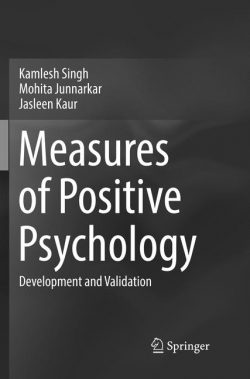This volume features essays that explore the insights of the 14th-century Parisian nominalist philosopher, John Buridan. It serves as a companion to the Latin text edition and annotated English translation of his question-commentary on Aristotle’s On the Soul. The contributors survey Buridan’s work both in its own historical-theoretical context and in relation to contemporary issues.
The essays come in three main sections, which correspond to the three books of Buridan’s Questions. Coverage first deals with the classification of the science of the soul within the system of Aristotelian sciences, and surveys the main issues within it.
The next section examines the metaphysics of the soul. It considers Buridan’s peculiar version of Aristotelian hylomorphism in dealing with the problem of what kind of entity the soul (in particular, the human soul) is, and what powers and actions it has, on the basis of which we can approach the question of its essence.
The volume concludes with a look at Buridan’s doctrine of the nature and functions of the human intellect. Coverage in this section includes the problem of self-knowledge in Buridan’s theory, Buridan’s answer to the traditional medieval problem concerning the primary object of the intellect, and his unique treatment of logical problems in psychological contexts.
Gyula Klima is Professor of Philosophy at Fordham University, New York, NY. He is the founder-director of the international Society for Medieval Logic and Metaphysics, and the editor of its Proceedings, published by Cambridge Scholars. Professor Klima’s books include Ars Artium: Essays in Philosophical Semantics, Medieval and Modern (Hungarian Academy, 1988), John Buridan: Summulae de Dialectica (Yale, 2001); Medieval Philosophy: Essential Readings with Commentary (Blackwell, 2007), John Buridan (Oxford, 2009); Intentionality, Cognition and Mental Representation in Medieval Philosophy (Fordham, 2014).
This volume features essays that explore the insights of the 14th-century Parisian nominalist philosopher, John Buridan. It serves as a companion to the Latin text edition and annotated English translation of his question-commentary on Aristotle’s On the Soul. The contributors survey Buridan’s work both in its own historical-theoretical context and in relation to contemporary issues.
The essays come in three main sections, which correspond to the three books of Buridan’s Questions. Coverage first deals with the classification of the science of the soul within the system of Aristotelian sciences, and surveys the main issues within it.
The next section examines the metaphysics of the soul. It considers Buridan’s peculiar version of Aristotelian hylomorphism in dealing with the problem of what kind of entity the soul (in particular, the human soul) is, and what powers and actions it has, on the basis of which we can approach the question of its essence.
The volume concludes with a look at Buridan’s doctrine of the nature and functions of the human intellect. Coverage in this section includes the problem of self-knowledge in Buridan’s theory, Buridan’s answer to the traditional medieval problem concerning the primary object of the intellect, and his unique treatment of logical problems in psychological contexts.
Offers a comprehensive account of late-medieval nominalist psychology and metaphysics of the soul
Serves as companion to John Buridan’s question-commentary on Aristotle’s On the Soul
Surveys Buridan’s work both in its historical-theoretical context and in relation to contemporary issues





